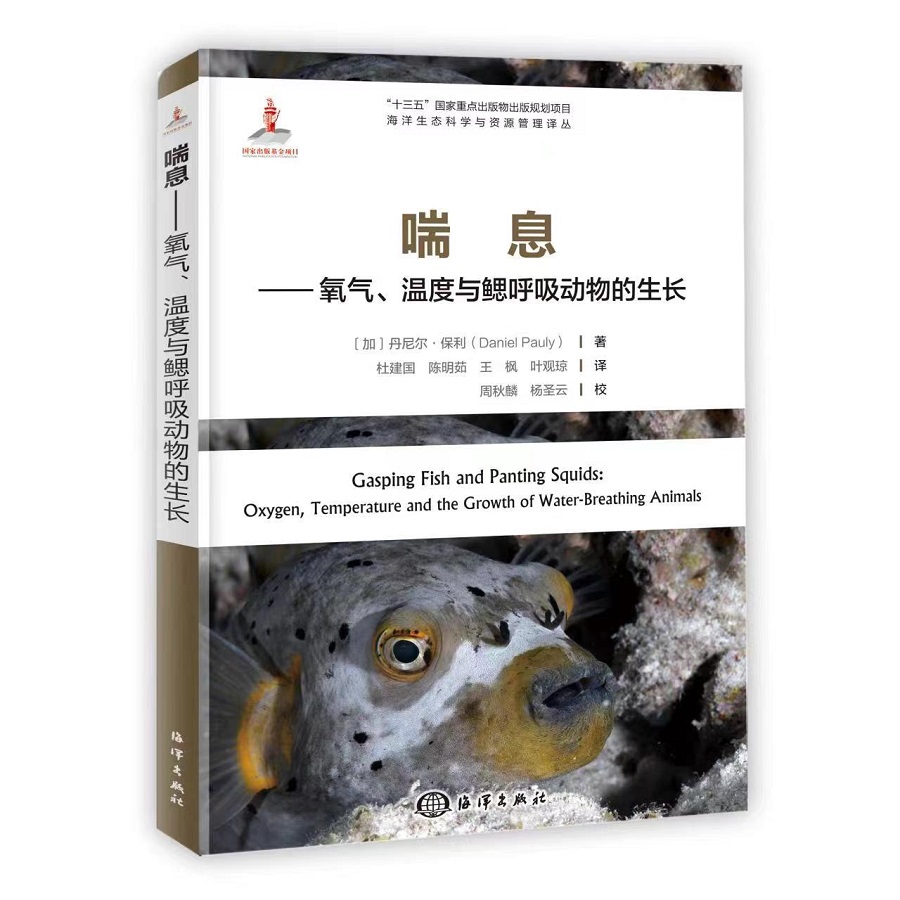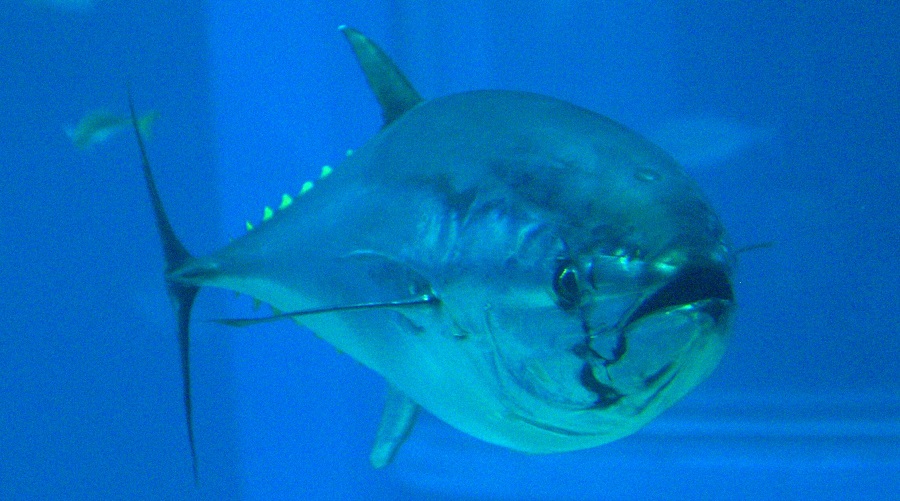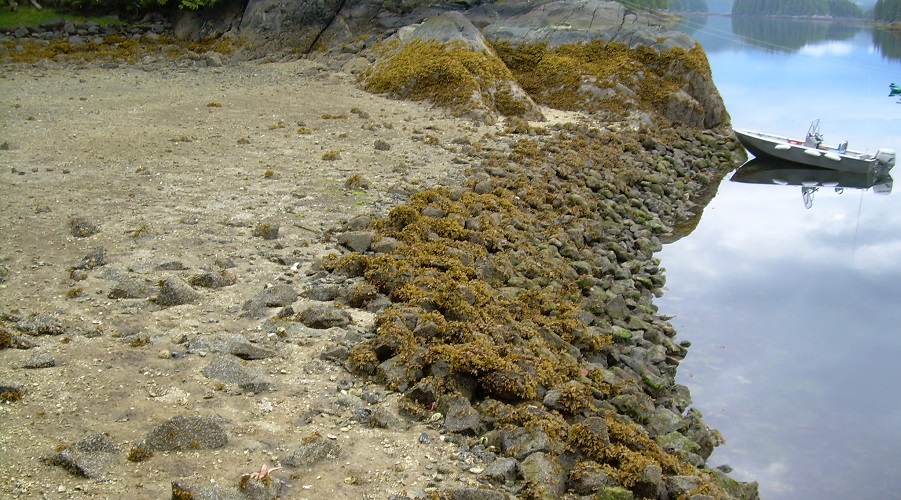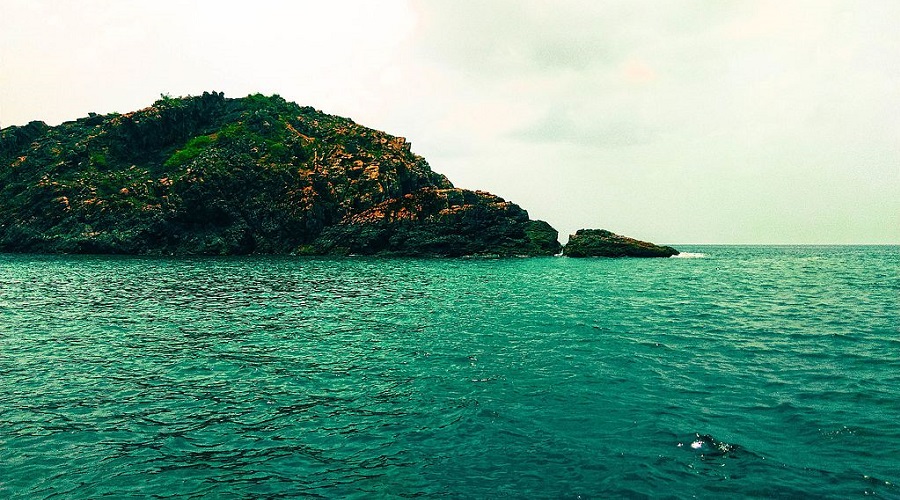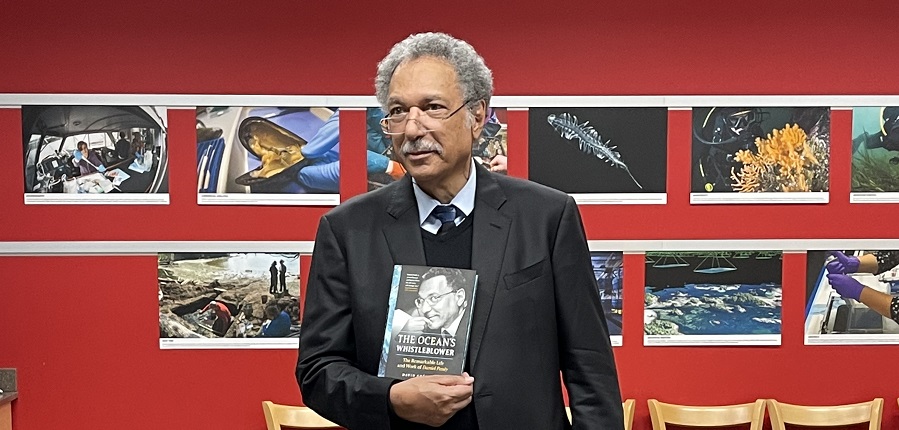
On June 9, 2022, in the midst of what is known now as World Oceans Week, the Sea Around Us hosted a successful event to present The Ocean’s Whistleblower, the English version of Dr. Daniel Pauly’s biography – initially released in French under the title Daniel Pauly : un océan de combats.


